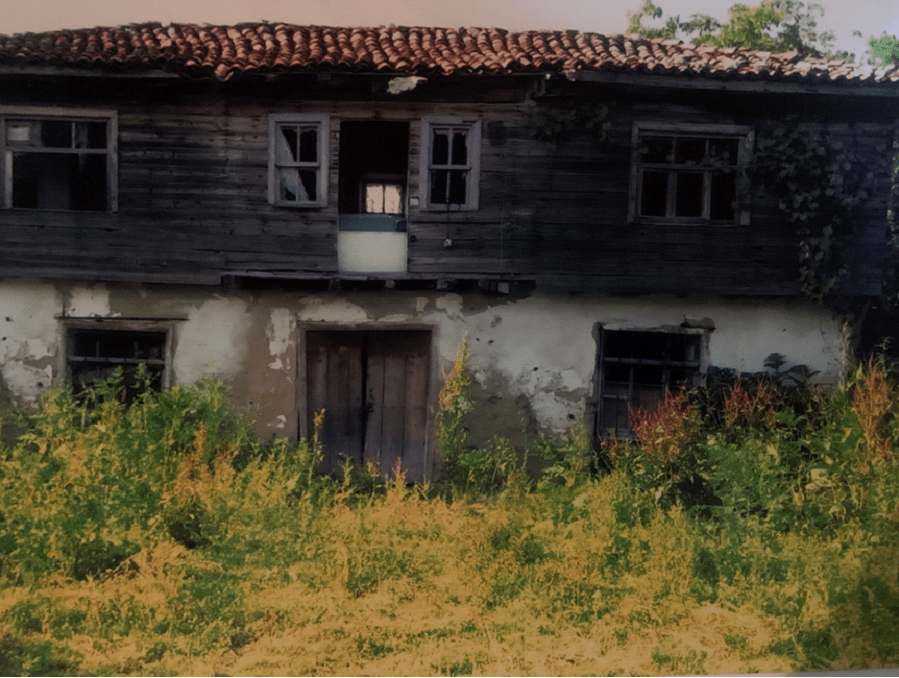Eastern Thrace is an area of great geopolitical importance and a center of great culture throughout the centuries. It includes the areas of Raidestos, Adrianoupolis, Saranda Ekklisies, Tsanakale and Constantinople. Today, with the Treaty of Constantinople in 1913 and the Treaty of Lausanne in 1923, the region was annexed to the Turkish state and its inhabitants were forced to move to different regions of Greece and start their new lives.
The wider area of Ganochoria and Kastambolis is known for its rich cultural heritage, music and dance tradition, as well as the religious traditions and flavors that the residents of the area brought in their luggage. Kastamboli is a mountain village in Raidestos region, on the Mega mountain.
The song presented to us by Mr. Megidis Menios, a third generation descendant, is called Alpha. This song belongs together with many other elements to the intangible heritage of the Thracians of the region and comes from oral tradition. As Mr. Megidis informed us, efforts are being made to preserve these elements, to officially register them and to protect them as monuments of cultural heritage.
This song was sung the period of carnivals, because it followed the period of deprivation and humiliation that leads to Easter. The dance that accompanies the steps of the song is one of the so-called “humble” dances, which means dances only with steps and no dancing figures. This dance is a 3 steps dance, in one direction, forward. So it’s a quiet festive dance.
Regarding the rhyming, each letter of the alphabet has a verse, it is all the letters of the alphabet in order and many phrases are related to love and religion or religious events, because religion and everyday life was very important for the inhabitants of the area. So the first verse begins with the letter A and says: Alpha I want to start, the Cross to worship, Beta, of course I tell you, don’t tyrannize me and I cry! Thus, this religious dimension is very closely connected with the daily life and experiences of people such as love and longing for the opposite sex. It is a purely folk song and its creator is unknown, as it passed from mouth to mouth, from woman to woman and was preserved over time.
This song is sung from place to place with the special characteristics of the idiom of each region, and as Mr. Megidis stated, there are differences in other areas of Ganochoria and small differences due to the habits of the people or their linguistic peculiarities. It is an element of popular tradition and mainly oral tradition. While the song was known in the region as Alphabet, it became a means of expressing and manifesting personal beliefs and by this way it “served” the performer. This means that someone could express his secret lust for a girl, his sorrow and every thought and thus became a means of communication!
Today in the area of Philippi live and continue the tradition of Kastamboli about 29 families who moved from the area, while in northern Greece the inhabitants of Ganochoria live today in Chalkidiki, Kilkis, Thessaloniki and Serres.
The photos provided by Mr. Megidis show his family’s house, and his parents when they returned to the area to get to know their place of origin.

Photos: Meggidis Menios

